Energy crisis: is next winter going to be worse?
Many Europeans are turning down the thermostat this winter, but experts say next year is going to be even tougher

A free daily email with the biggest news stories of the day – and the best features from TheWeek.com
You are now subscribed
Your newsletter sign-up was successful
Even as the UK and US formed a new partnership to supply gas to help Britain keep the lights on this winter, experts warned that it is next winter that will present the greater challenge.
In a much-vaunted bilateral agreement, the US pledged this week to double the amount of gas it supplies to the UK, as Rishi Sunak and Joe Biden moved to cut dependence on Russian exports.
The UK-US Energy Security and Affordability Partnership relies on gas produced by fracking in America. The deal will see at least nine to ten billion cubic metres of Liquefied Natural Gas (LNG) delivered to UK terminals over the next year – more than twice the quantity that was exported throughout 2021.
The Week
Escape your echo chamber. Get the facts behind the news, plus analysis from multiple perspectives.

Sign up for The Week's Free Newsletters
From our morning news briefing to a weekly Good News Newsletter, get the best of The Week delivered directly to your inbox.
From our morning news briefing to a weekly Good News Newsletter, get the best of The Week delivered directly to your inbox.
Yet according to experts, while this winter will be challenging for Britain and mainland Europe, next year will be even tougher.
At an event hosted by Politico this week, International Energy Agency Executive (IEA) Director Fatih Birol warned Europeans to “prepare yourself for next winter” as it may be “more difficult than the winter we are experiencing now”.
What did the papers say?
It is the “unwelcome news” that neither policymakers grappling with energy shortages nor households struggling to pay their bills wanted to hear, Time magazine said: “This year’s energy crisis is going to look mild once next year’s kicks in.”
Any current energy planning that doesn’t look to the year ahead is “jumping out of the frying pan and into the fire”, the magazine said. “Where this winter is a problem, 2023’s may be a catastrophe,” it added.
A free daily email with the biggest news stories of the day – and the best features from TheWeek.com
Yet for many people, the problem is not just in the future, it is right now. And as prices continue to rise, millions of Europeans have had to turn down their thermostats. “If previously natural gas was cheap and plentiful, it is now scarce and expensive,” said Yahoo! Finance.
The European wholesale reference price used to go up and down a little, but would generally gravitate towards a price of around €20 (£17) per megawatt hour, the site explained. This year, it hit €300 before settling back down to €100.
“It’s the most chaotic time I’ve witnessed in all of those years,” Graham Freedman, a European gas analyst at energy consultancy Wood Mackenzie, told AFP.
Britain’s deal with the US, meanwhile, has the “immediate goal” of stabilising global energy markets, while simultaneously trying to help shift the world towards renewables.
This will involve promoting nuclear energy as both safe and reliable, and promoting investment in clean hydrogen energy, offshore wind and carbon capture.
It comes as Britain’s trade minister Greg Hands begins a tour of the US to try to boost trade ties at state level after Brexit. Such deals are “far less ambitious than the transatlantic free trade deal touted by Brexiteers as a major benefit of leaving the EU”, said The Independent.
What next?
In a report entitled Never Too Early to Prepare for Next Winter: Europe’s Gas Balance for 2023-2024, the IEA noted that Europe is only safe this year because Russian gas pipelines had still been flowing throughout the summer, and due to LNG imports from China, neither of which may be repeated in 2023. “This raises the risk of a supply-demand gap of as much as 30 billion cubic metres (bcm) during the key summer period for refilling gas storage in 2023,” the agency warned.
“We are ringing the alarm bells for the European government and for the European Commission for next year,” IEA head Fatih Birol told journalists when presenting the report.
But while Europe faces a few challenging years, the real loser is Russia, Birol said. Before launching its invasion of Ukraine in February, Russia was the world’s largest gas exporter.
“Is Russia winning the energy battle? The answer is absolutely no,” Birol said, adding: “Russia will not be able to replace Europe just like that – it will take ages. Russia’s role in the international energy system will be much diminished.”
If there is one positive from the global energy crisis, it is that it has triggered “unprecedented momentum” behind renewables, said the IEA. The world is set to add as much renewable power in the next five years as it did in the past 20, the agency noted, which could just help “keep alive the possibility of limiting global warming to 1.5°C”.
Arion McNicoll is a freelance writer at The Week Digital and was previously the UK website’s editor. He has also held senior editorial roles at CNN, The Times and The Sunday Times. Along with his writing work, he co-hosts “Today in History with The Retrospectors”, Rethink Audio’s flagship daily podcast, and is a regular panellist (and occasional stand-in host) on “The Week Unwrapped”. He is also a judge for The Publisher Podcast Awards.
-
 What are the best investments for beginners?
What are the best investments for beginners?The Explainer Stocks and ETFs and bonds, oh my
-
 What to know before filing your own taxes for the first time
What to know before filing your own taxes for the first timethe explainer Tackle this financial milestone with confidence
-
 The biggest box office flops of the 21st century
The biggest box office flops of the 21st centuryin depth Unnecessary remakes and turgid, expensive CGI-fests highlight this list of these most notorious box-office losers
-
 Luton Airport bendy buses join Ukraine war effort
Luton Airport bendy buses join Ukraine war effortfeature And other stories from the stranger side of life
-
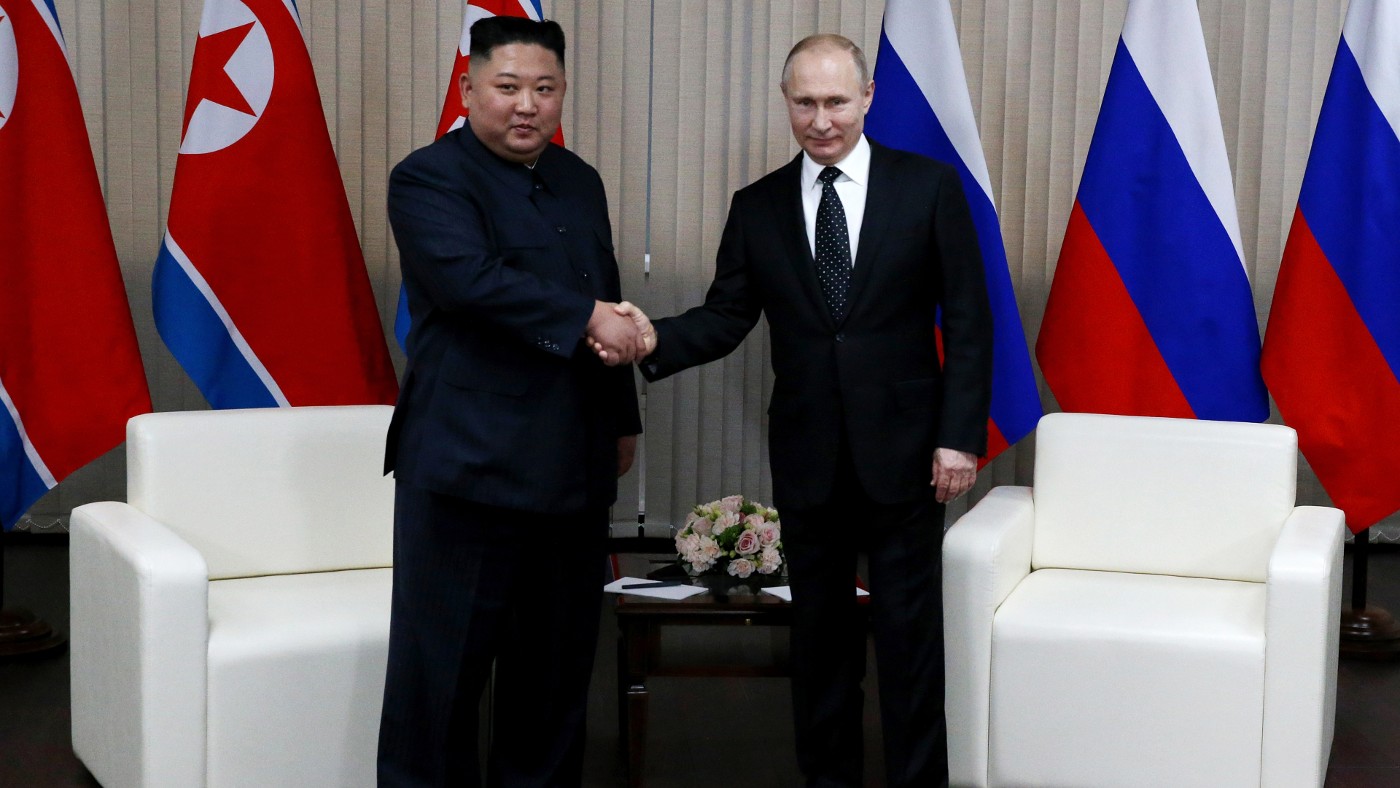 Would North Korean weapons tilt the war Russia’s way?
Would North Korean weapons tilt the war Russia’s way?Today's Big Question Putin wants to boost ‘depleted stocks’ but Pyongyang’s arms may be in poor condition
-
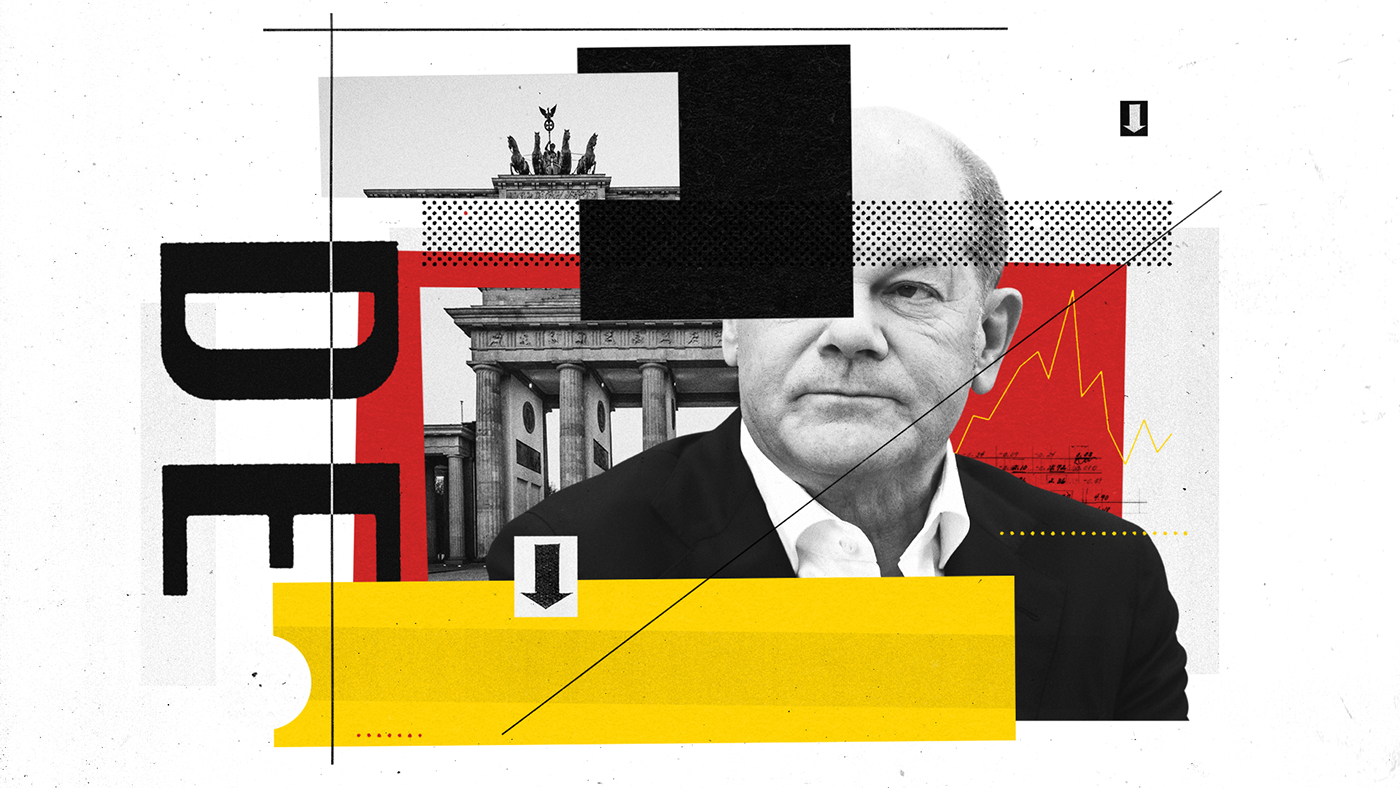 What went wrong with the German economy?
What went wrong with the German economy?Today's Big Question ‘Deep-rooted’ and ‘knotty’ problems threaten return of ‘sick man’ label
-
 Why are so many local councils on the brink of bankruptcy?
Why are so many local councils on the brink of bankruptcy?Today's Big Question Inflation, underfunding and growing demand for services has put pressure on local authorities at the worst time
-
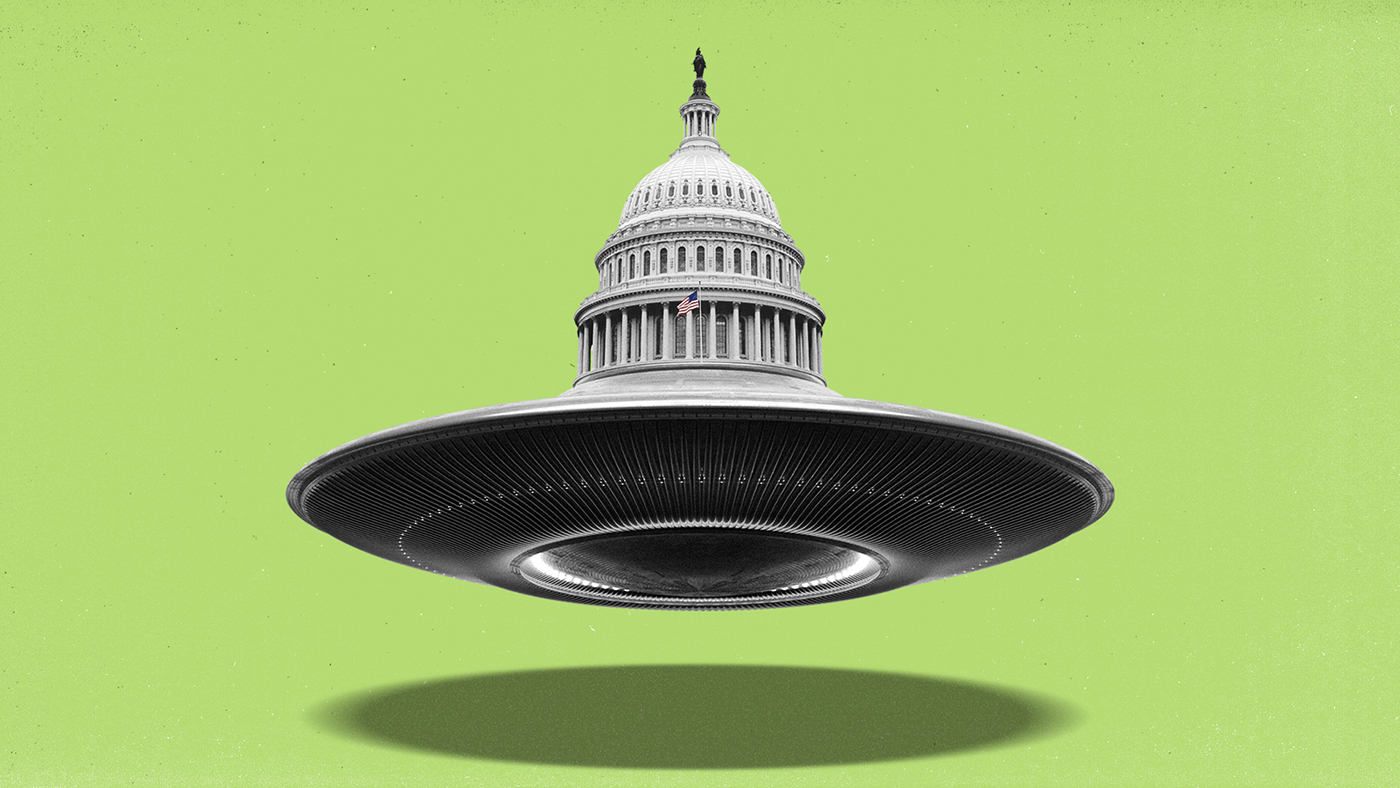 UFO hearing: why is Washington suddenly embracing aliens?
UFO hearing: why is Washington suddenly embracing aliens?Today's Big Question Speculation of extraterrestrial life has moved from ‘conspiracy fringe’ to Congress
-
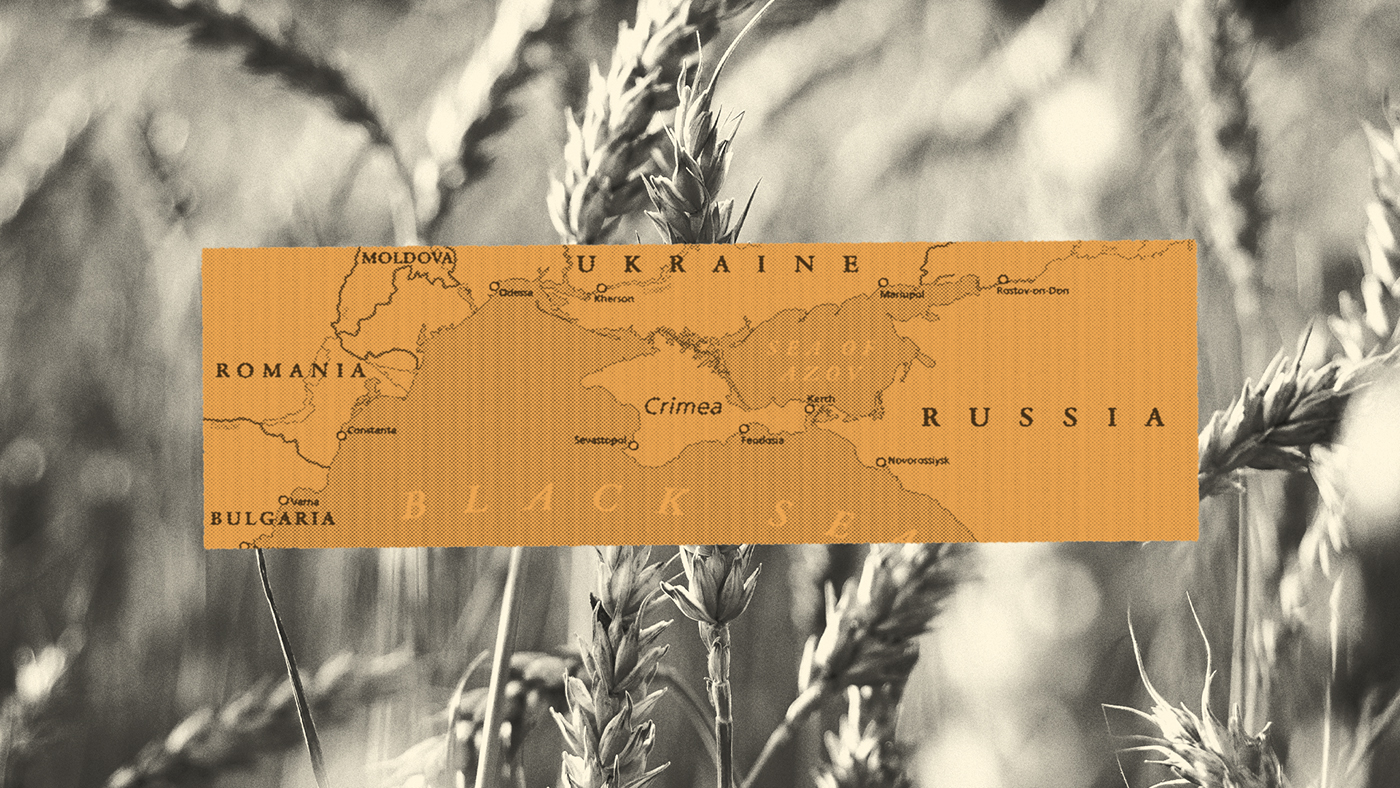 Can the Ukraine-Russia Black Sea grain deal be rescued?
Can the Ukraine-Russia Black Sea grain deal be rescued?Today's Big Question The Kremlin’s termination of agreement has sparked fears among food-insecure countries
-
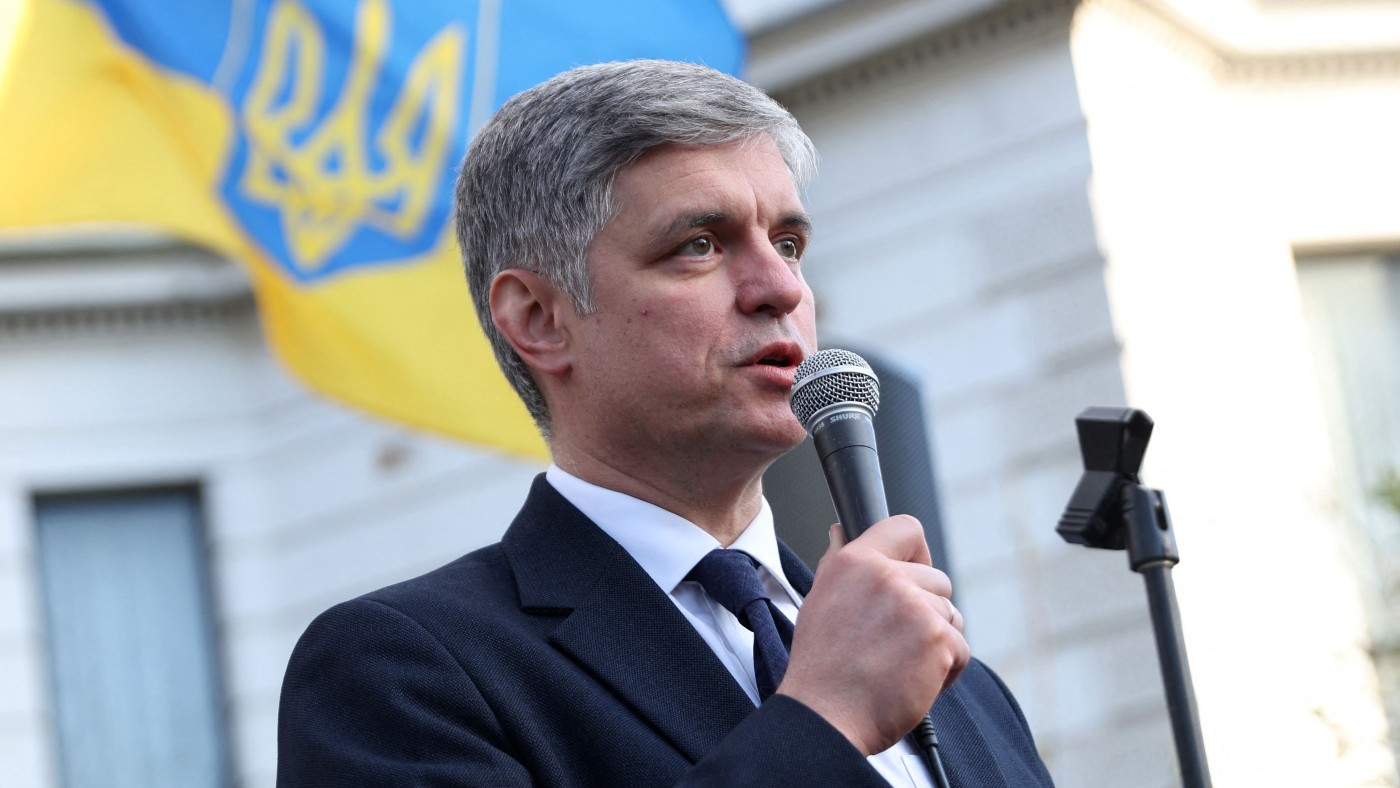 Zelenskyy sacks Ukraine ambassador to UK after sarcasm row
Zelenskyy sacks Ukraine ambassador to UK after sarcasm rowSpeed Read Vadym Prystaiko accused his boss of an ‘unhealthy sarcasm’ in response to British defence secretary Ben Wallace
-
 Why journalist deaths continue to rise around the world
Why journalist deaths continue to rise around the worldUnder the Radar Journalist deaths rose sharply in 2022 and don't appear to be slowing down this year